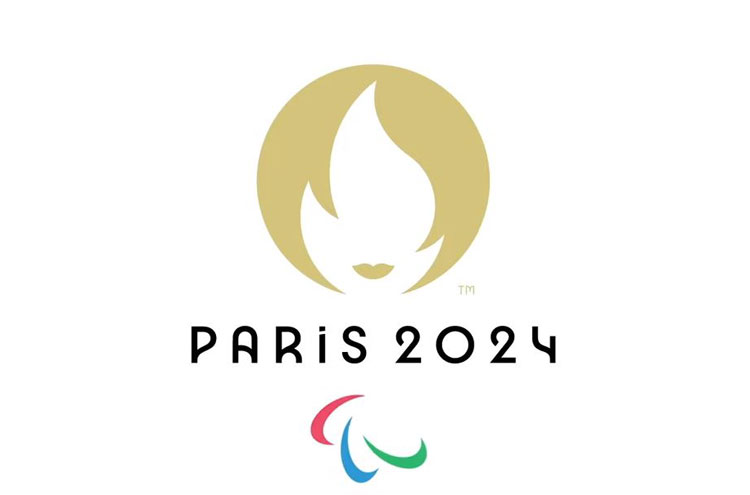In a controversial move, France has announced that female athletes will be prohibited from wearing the hijab while competing in the upcoming Paris Olympics and Paralympics. This decision has sparked a wide range of reactions both domestically and internationally, raising significant debates about religious freedom, women’s rights, and secularism in sports.
The Ban: Context and Implementation
The French government’s decision aligns with the country’s strict adherence to secularism, known as “laïcité,” which separates religion from public life. This principle has been a cornerstone of French policy for over a century, aiming to maintain neutrality in public spaces, including schools and government institutions. However, its application in sports, particularly concerning the hijab, has generated substantial controversy.
Official Statements
French Sports Minister Amélie Oudéa-Castéra confirmed the ban, stating that it aims to ensure neutrality and equality in sports. “The Olympic and Paralympic Games are a symbol of international unity and equality,” she said. “We believe that sports should be free from any visible religious symbols to maintain this spirit.”
Scope of the Ban
The ban will apply to all female athletes competing for France in the Paris 2024 Olympics and Paralympics. It includes all forms of the hijab, from traditional headscarves to sports-specific hijabs designed to provide comfort and compliance with Islamic modesty requirements.
Reactions and Implications
Domestic Reactions
In France, reactions to the ban have been mixed. Supporters argue that it upholds the country’s secular values and ensures equality among athletes. Critics, however, view it as a violation of religious freedom and a discriminatory policy targeting Muslim women.
Supporters’ View
Supporters of the ban, including some secularist groups and politicians, argue that the policy reinforces the separation of religion and state. They believe that the Olympics, as a global event, should remain free from religious expressions to promote unity and equality.
Critics’ View
Critics, including human rights organizations and some political figures, argue that the ban infringes on personal freedoms and disproportionately affects Muslim women. They contend that it could discourage talented athletes from competing and perpetuate exclusion and discrimination.
International Reactions
Internationally, the ban has drawn widespread attention and criticism. Organizations like Human Rights Watch and Amnesty International have condemned the decision, calling it a violation of fundamental rights. Several countries with large Muslim populations have also expressed concern, suggesting that the ban undermines the inclusivity and diversity that the Olympic Games represent.
Impact on Athletes
For Muslim female athletes who wear the hijab, the ban presents a significant challenge. It forces them to choose between their faith and their athletic careers. This dilemma could potentially lead to reduced participation from these athletes, impacting the diversity and representation at the Games.
Athletes’ Responses
Some athletes have voiced their disappointment and frustration. “This decision is disheartening,” said a prominent French Muslim athlete who wished to remain anonymous. “The hijab is part of who I am, and being told I can’t compete with it feels like an attack on my identity.”
Broader Implications
The ban also raises broader questions about the intersection of sports, politics, and religion. It highlights ongoing global debates about religious freedom and the role of secularism in public life. As the Olympics aim to bring together people from diverse backgrounds, this decision challenges the inclusivity that the Games strive to promote.
Legal and Ethical Considerations
Legal Challenges
The ban is likely to face legal challenges both domestically and internationally. Organizations advocating for religious freedom may seek to contest the policy in court, arguing that it violates human rights and freedom of expression. The outcome of such challenges could set important precedents for future policies concerning religious attire in sports.
Ethical Debates
Ethically, the ban raises questions about fairness, equality, and respect for diversity. Critics argue that it is unfair to impose restrictions that disproportionately affect a specific group. They suggest that true equality should allow athletes to compete while expressing their religious beliefs.
Conclusion
France’s decision to ban the hijab for female athletes in the upcoming Paris Olympics and Paralympics has ignited a significant debate about religious freedom, secularism, and women’s rights in sports. While supporters argue it upholds secular values, critics view it as discriminatory and exclusionary. The international community will be closely watching how this policy unfolds and its impact on the inclusivity and diversity of the Olympic Games. As the world prepares for Paris 2024, this controversy highlights the ongoing tension between secularism and religious expression in global sports
ALSO READ:Atletico Madrid Eyes Julian Alvarez as Replacement for Alvaro Morata


